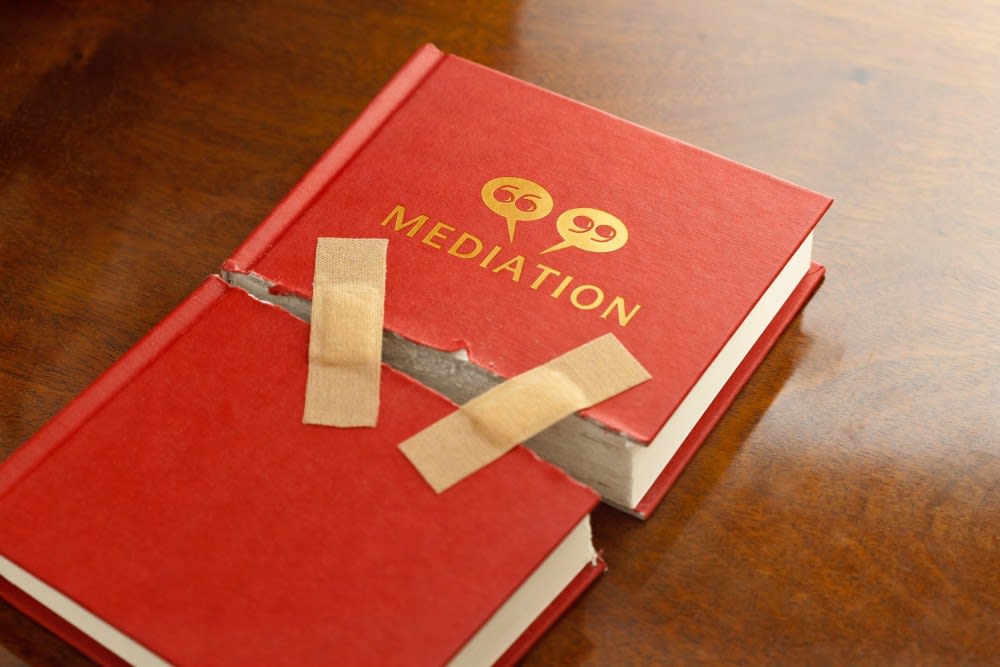
posted 26th January 2023
Consent Orders and Clean Break Orders are often used as interchangeable terms – however that is not strictly correct.
Consent Orders can achieve a ‘clean break’ if the terms of the order do not include any ongoing financial ties between the parties e.g. maintenance payments.
A clean break Consent Order is a voluntary agreement entered into by 2 parties getting divorced. It is created to prevent either party from making any claims against the other’s future income and/or assets.
Without a Consent Order, either party can make a claim against the other’s finances at any point in the future. The completion of the divorce through the pronouncement of the Decree Absolute/Final Order does not by itself, prevent one party making a claim against the other’s income or assets. To avoid that eventuality a Consent Order is required.
There is no difference in outcome between a clean break Consent Order and a clean break Order. The only difference is that the clean break Consent Order is made with both parties’ agreement whilst the clean break Order is imposed upon them by a Judge after court proceedings.
A Consent order needs to be a fair agreement that divides the assets and debts of a couple. If the agreement is seen to be in favour of one party over the other for no good reason, then the judge will not approve the agreement. The grounds for the divorce are not relevant when it comes to the Consent Order. So for example, if one party feels aggrieved because of the way they have been treated during the marriage, that will not be taken into consideration by the court. A Consent Order must be impartial and fair in accordance with the law.
There are two types of clean break Order.
Full clean break Consent Order
This dismisses both spousal maintenance and capital claims against either party in the divorce.
Capital clean break Order
This is when there is a maintenance (periodic payments) order in favour of a husband or wife. In cases where there is ongoing maintenance, a court can only impose a capital clean break and neither party can come back to apply for capital or lump sums in the future.
Maintenance payments (if included in the Order) can sometimes be varied up or down if there is a change of circumstance.
Occasionally the parties will agree a nominal maintenance Order which states that maintenance is not payable now but leaves the door open for income claims to be made at a point in the future if there is a change in one of the parties’ circumstances. This option needs to only be taken with extreme caution and having taken legal advice on the possible consequences.
A clean break Order does not prevent making a claim for child maintenance. It is not possible to dismiss child maintenance claims through the Courts. If not dealt with in the Order, any claim for maintenance will need to be made to the CMS (Child Maintenance Service).
If you are selling or transferring property, making a pension sharing order or paying money from one party to the other, you need a consent order. The consent order makes your agreement legally binding. This means if your ex-partner does not follow the terms of the agreement, you can take him/her back to court.


